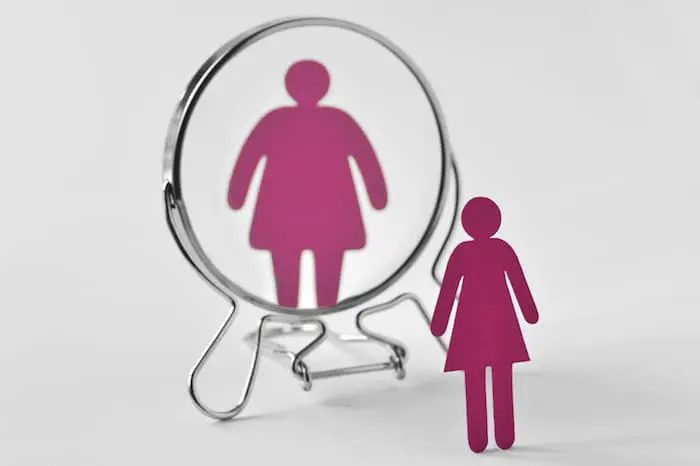Eating Disorder Recovery
Psychiatric Nurse Practitioner Specializing in Eating Disorders
According to the National Association of Anorexia Nervosa and Associated Disorders (ANAD), eating disorders account for the “highest mortality rate of any mental illness.”
An eating disorder is a serious mental health disorder that involves complex and damaging relationships with food, eating, exercise, and body image. The types of eating disorders include: Anorexia Nervosa, Bulimia Nervosa, Binge Eating Disorder (BED), and Avoidant Restrictive Food Disorder (ARFD)

Anorexia Nervosa:
Anorexia nervosa is diagnosed when an individual persistently restricts caloric intake, leading to significantly low body weight (related to what is minimally expected for age, sex, and health).
Patients also experience an intense fear of gaining weight, develop distortions in how they perceive their body, and deny the severity of their disorder. Patient’s sense of self-worth is highly influenced by their body size and shape.
Bulimia Nervosa:
Bulimia nervosa is a serious, potentially life-threatening eating disorder characterized by a cycle of bingeing and compensatory behaviors such as self-induced vomiting, misuse of laxatives, diuretics, or other medications, fasting, or excessive exercise. The binge eating is typically done in secret, with a sense of lack of control over eating during the episode (e.g. a feeling that one cannot stop eating or control what or how much one is eating).


Binge Eating Disorder (BED) Treatment
Binge eating disorder (BED) is a severe, life-threatening, and treatable eating disorder characterized by recurrent episodes of eating large quantities of food and a sense of a loss of control during the binge. Many people may experience shame, distress or guilt afterwards; and not regularly use unhealthy compensatory measures (e.g., purging) to counter the binge eating. BED is the most common eating disorder in the United States.
ARFID
Avoidant Restrictive Food Intake Disorder (ARFID) is a new diagnosis in the DSM-5, and was previously referred to as “Selective Eating Disorder.” ARFID is similar to anorexia in that both disorders involve limitations in the amount and/or types of food consumed, but unlike anorexia, ARFID does not involve any distress about body shape , size, or fears of fatness. The disorder can look different for each individual and can also affect growth, development, and social functioning.

Offering Services
Eating Disorders
Depression
ADHD
Anxiety
Substance Use
Group Therapy
FAQs About Eating Disorder Recovery
Why is it important to know about eating disorders?
An Eating disorder is a serious mental illness that can have devastating effects on your health, both physically and mentally. It’s important to learn about eating disorders, because they are often misunderstood and under diagnosed. If you think you might have the condition, it’s important to seek professional help for eating disorder recovery.
Can you accidentally have an eating disorder?
No, you cannot “accidentally” have an eating disorder. An eating disorder is a serious mental illness that occurs when someone has an unhealthy relationship with food. This can include starving yourself, overeating, or purging after eating. For many people with eating disorders, the condition develops over time, and it can be difficult to realize that they have a problem. If you think you might have an eating disorder, you may seek me out at info@kirstenbook.com for psychiatric services to get the help you need.
What's the most serious eating disorder?
There is no “ most serious” eating disorder. All eating disorders are serious mental illnesses that can have devastating effects on your health, as it is not all about weight. Anorexia nervosa, bulimia nervosa, and binge eating disorders are all serious disorders that require professional treatment.
If you would like to determine whether you have an eating disorder, it’s important to contact me for psychiatric help at 630-454-1490 to get a professional diagnosis. I will work with you to create a treatment plan that meets your unique needs.
How can we raise awareness about eating disorders?
One way to raise awareness about eating disorders is to talk about them openly and honestly. This can help reduce the stigma surrounding eating disorders and make it more likely that people will seek professional help for eating disorder recovery if they believe they have a problem.
Additionally, you may want to consider donating to or volunteering with organizations that support people with eating disorders. The use of healthy social media to spread the word about eating disorders and recovery has also been beneficial in raising awareness. The more awareness about eating disorders, the more we can help more people get the treatment they need to recover.



